First published in the United Kingdom in 1990 by
Otter Books.
Republished in this facsimile 1994 by:
Leo Cooper Ltd.
190 Shaftesbury Avenue, London WC2H 8JL
An imprint of Pen & Sword Books Ltd.
47 Church Street, Barnsley, S. Yorks., S70 2AS
Copyright Carney Lake 1990, 1994.
A CIP catalogue for this book is available from the
British Library.
ISBN 0-85052-366-4
Typeset by:
South West Typesetting, Sidmouth, Devon.
Printed in Great Britain by:
Redwood Books Ltd., Trowbridge, Wilts.
This book is copyrighted under the Copyright Act
1956. All rights reserved. Apart from any fair dealing
for the purpose of criticism or review within the
meaning of the Act, no part of this publication may
be reproduced, stored in a retrieval system, or
transmitted in any form or by any means, electronic,
electrical, chemical, mechanical, optical, photocopying,
recording, or otherwise without prior
permission of the copyright owner. Inquiries should
be addressed to the Publishers.
To the riflemen and recce-troopers, corporals, troop sergeants
and officers of Her Majestys Royal Marines Commandos,
whose honourable profession I had the privilege to
follow for six years, this book is dedicated
with respect and affection.
Contents
Acknowledgements
With thanks to St. Annes Music Ltd. for kind permission to quote words from:
Rubber Bullets (Creme, Godley, Gouldman)
recorded by 10cc
released by Phonogram Ltd.

1973
And with special thanks to the Ministry of Defence, the Army Legal Corps and the Royal Air Force for their kind assistance and co-operation.
I am also grateful to Steve Warwick-Fleming who drew the frontispiece.
Authors Note
Security considerations alone compel this account to be a novel. In order to preserve their identity and the privacy to which they are entitled, the names of the characters have been changed. In all other respects, the book is based firmly upon fact. Indeed, to capture something of the events, the characters and their morale was the authors sole purpose.
Barrack-Room Language
Field-Marshal Lord Wavell once observed that the songs of the British soldier do not look well in print. This, of course, because they are liberally spiced with expletives.
Away from songs, servicemen swear in particular circumstances. In humour sometimes; in anger frequently; under stress invariably. Most commonly favoured is the normal four-lettered epithet. This, together with its present participle and variations of region and rank, is therefore reproduced where its omission would be strictly inaccurate or otherwise unfaithful to the context.
Preface
At the end of three of the physically hardest weeks we remembered, we had earned the unshakeable satisfaction of knowing we had achieved exactly what we set out to do. We had summited five of the dominating peaks of the Swiss Bernese Oberland; the Tieralplistock, the Diechterhorn, the Jungfrau, the Mnch and the Eiger. We had done this in similar manner to much of our soldiering; with forethought and imagination and without casualties. Who could ever take this away from us now? Who indeed? It was a very tired troop who descended one last time to Lauterbrunnen, but the following night we celebrated hugely.
To ourselves, savouring the return to civilisation, we were serving servicemen who had recently spent hard days above the snow-line in successful endeavour. To the British residents who had crowned their lifes work by retiring to Switzerland, we were ambassadors. We represented the youth and hope of the Old Country. We exuded vitality and purpose. We were, after all, extremely fit. Thus we found ourselves plied first with invitations, then with drinks and questions. Where were we from? Where had we been? What had we been doing before? Would we come back to Switzerland to climb again next year? And so on.
On the verandah of one memorable chalet, gazing down at picture-green pasture browsed by cows with gently clanking bells round their necks, I was somewhat bemused to hear a former desert campaign battery commander remark more, I now believe, in sorrow than anger Not enough reflected glory from the Army these days. Bemused because, breathing deeply the pure air of personal achievement, I was aware of no such collective shortcoming at the time.
Strictly speaking, the Royal Marines are a part of the naval service and have been so since their inception in 1664. But my host had a point. The fight against terrorism had all but removed the Armed Forces from the public eye. In a bid to deprive the terrorist of the oxygen of publicity, we say nothing of ourselves and so stand to lose vital public support. There is a tale or two on our side of the fence that could yet be told with advantage.
Here is one. I hope the retired English gentleman on the Swiss verandah will get to read it. He certainly inspired it.
CL
The Grosvenor Hotel
London
26 10 90
Foreword
I am sure that everyone who reads this book will be impressed by the immense detail that the author has so painstakingly and devotedly acquired and so vividly arranged. It is not an academic study of military history, tactics or drill; but rather a brilliantly etched picture of life in the Royal Marines as seen through the eyes of the author and other men. All have undergone extraordinary physical discomforts in training to achieve the coveted Green Beret. All are widely different, real-life characters coming from a range of backgrounds. It is written with an engaging blend of humour, character insight and professional pride.
It is a book that will lead the reader to ask himself why these men endure and overcome the agonies and extremes of endurance. Why do these men, trained to the highest standard of martial proficiency, so willingly offer their lives to the requirements of their country? It is certainly not for the pay, nor to learn a trade for later civilian life, nor even for family security. It is, I believe, because they think differently from the masses and have accepted a challenge to their pride, to be much more than the normal run of men. Once fully fledged Bootnecks, they feel and fully appreciate the stimulus of an esprit de corps


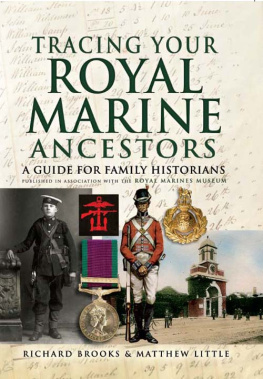
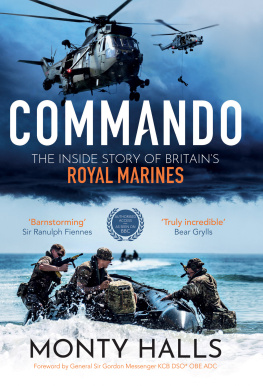


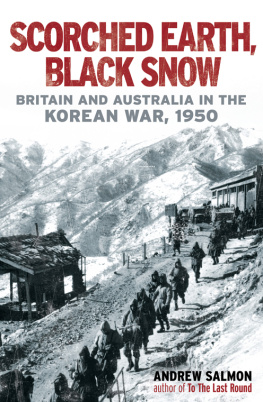
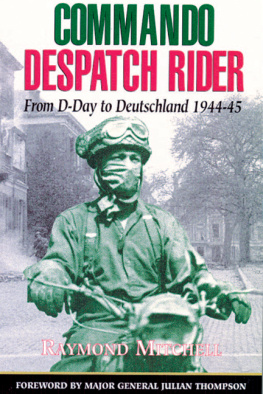
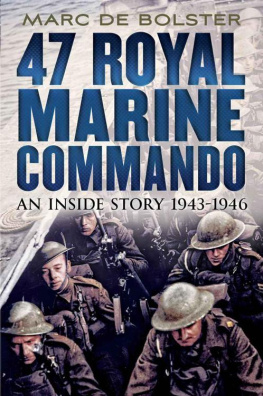




 1973
1973